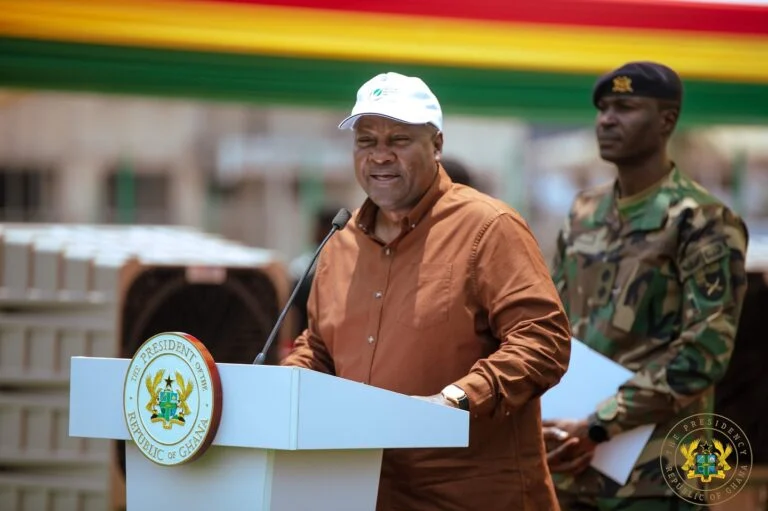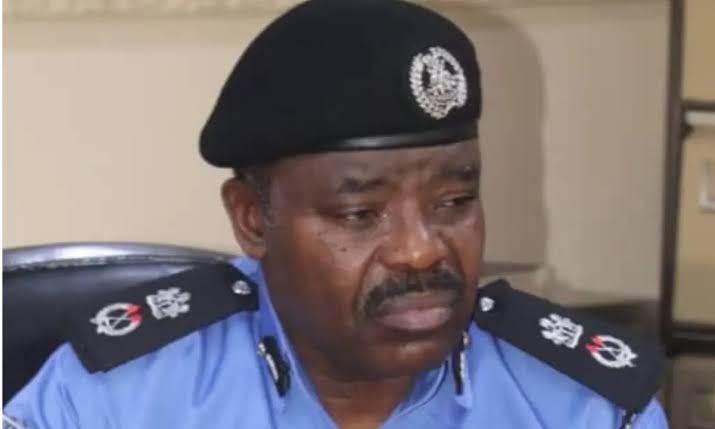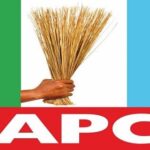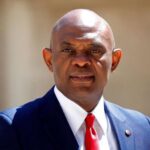Stakeholders Push for Consensus on Lagos-Calabar Coastal Highway
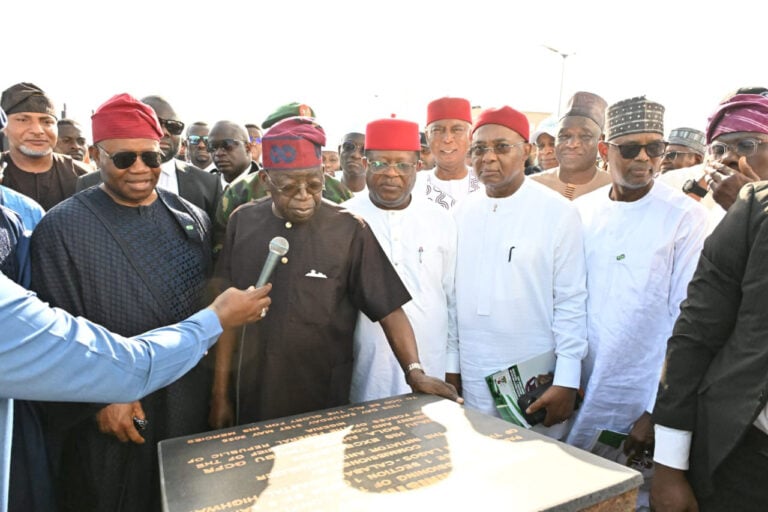
Civil society groups, opposition leaders, and business executives have urged Nigerians to support the Lagos-Calabar Coastal Highway project, stressing that partisan politics must not derail a transformative investment in national infrastructure.
During a stakeholders’ tour of the 750-kilometre project in Lagos, participants commended the Federal Government for driving progress and quality on the landmark highway.
They argued that the initiative demonstrates the type of bold investment needed to reposition Nigeria’s economy.
Minister of Works, Senator David Umahi, assured stakeholders that the first section of the highway, from Ahmadu Bello Way, Victoria Island, to Eleko, Lagos, would be ready by May 2026. He confirmed that contractors had already executed 35 kilometres, with 12 kilometres left.
Umahi inspected the work done by Hi-Tech Construction and emphasised that engineers adopted concrete to ensure durability.
He revealed that contractors had already begun the second section, linking Eleko in Lagos to Ode-Omi in Ogun State, and pledged regular stakeholder and media briefings.
The minister also confirmed that the Federal Government preserved properties such as the Landmark Centre during construction and cleared 10 metres of refuse to align the concrete roads.
He disclosed that the EFCC and DSS would investigate allegations of a $200m diaspora-linked real estate project near the corridor.
Opposition leader Segun Showunmi commended the quality of work and urged Nigerians to embrace consensus in national development.
He argued that countries like Singapore, India, and the UAE achieved rapid growth through unity of purpose, and insisted that Nigeria, at 65, must accelerate infrastructure delivery.
Chairman of Proshare Group, Olufemi Awoyemi, described the coastal highway as a vital alternative for cross-country connectivity. He called it a test case for financing large-scale infrastructure in Nigeria.
Civil society leader Declan Ihekaire, who spoke on behalf of 20 CSOs, encouraged Nigerians to acknowledge progress when evident. He maintained that citizens must commend government achievements while still holding leaders accountable.
Stakeholders also highlighted President Bola Tinubu’s emphasis on infrastructure as a foundation for economic growth. They argued that expanding highways and bridges would stimulate other sectors, create jobs, and attract investment.
Beyond the coastal highway, Umahi listed three additional projects designed to connect regions: the 477-kilometre Trans-Saharan Highway, the 422-kilometre Akwanga–Jos–Bauchi–Gombe Expressway, and the 1,068-kilometre Sokoto–Badagry Superhighway.
By the end of the tour, stakeholders agreed that the Lagos-Calabar Coastal Highway represented more than a road project.
They framed it as an opportunity for Nigerians to unite behind a common vision of growth, build confidence in infrastructure financing, and position the nation for global competitiveness.


